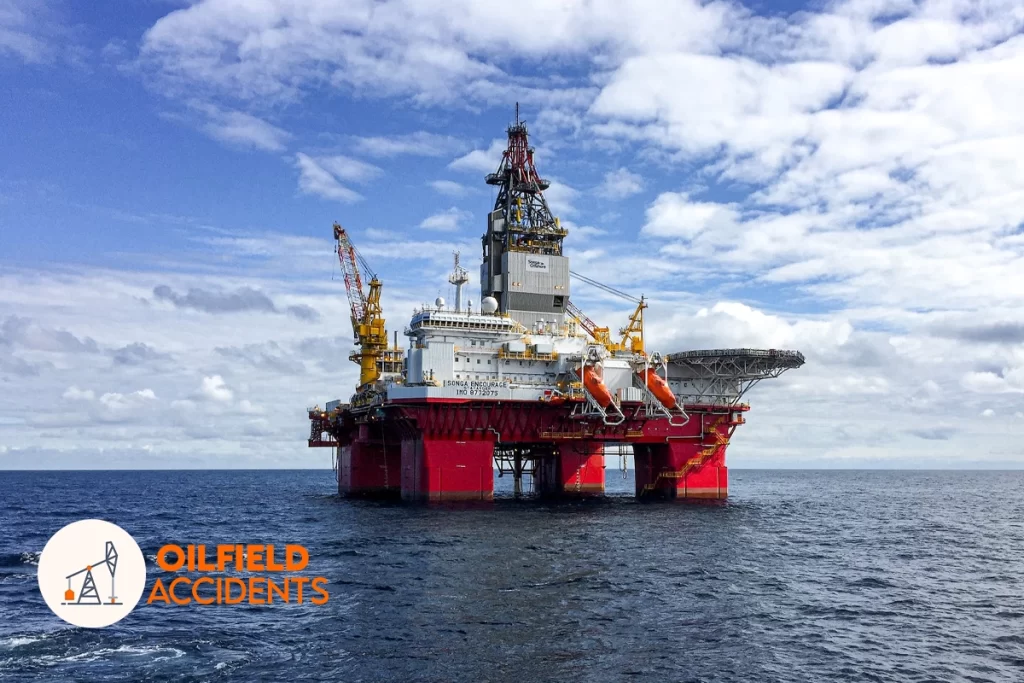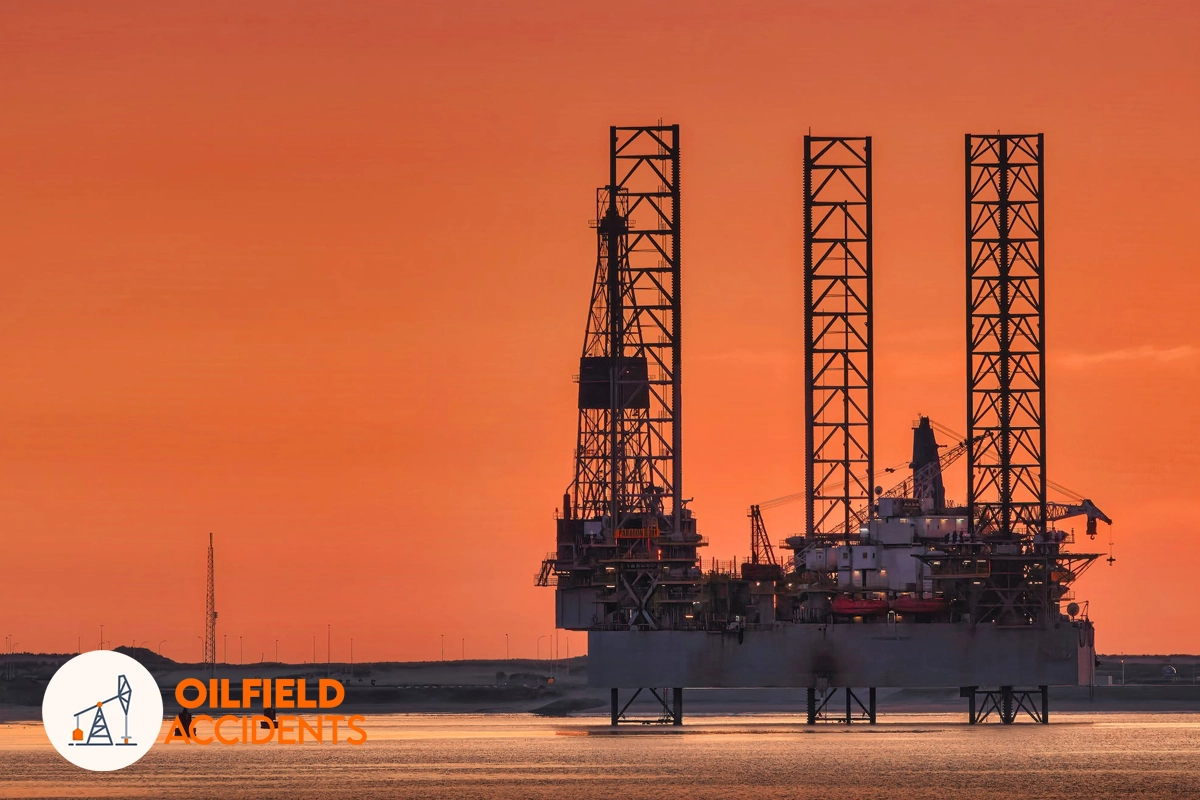The oil industry plays a crucial role in powering our modern world, but it comes with inherent risks for those working on oil rigs. Oil rig injury are a growing concern, as these incidents can lead to severe physical harm, long-term health issues, and even fatalities. This article will discuss the common types of oil rig injury, the importance of prevention, and the compensation options available for injured workers.
Common Oil Rig Injury
- Falls from heights: One of the most common oil rig injury, falls from elevated platforms or ladders can result in fractures, head injuries, or even fatalities.
- Slips and trips: Slippery surfaces, cluttered walkways, or uneven surfaces can cause workers to slip or trip, leading to various injuries.
- Fires and explosions: The presence of flammable materials and high-pressure systems can lead to fires or explosions, causing severe burns, injuries, or fatalities.
- Equipment accidents: Malfunctioning or improperly maintained equipment can cause accidents, leading to crush injuries, amputations, or other serious harm.
- Exposure to toxic substances: Workers may be exposed to hazardous chemicals or gases, leading to respiratory issues, skin irritation, or long-term health problems.
- Overexertion and repetitive stress injuries: Prolonged physical labor and repetitive tasks can lead to musculoskeletal disorders, such as strains, sprains, or tendonitis.

Preventing Oil Rig Injury
To minimize the risk of oil rig injury, employers should implement the following safety measures:
- Provide comprehensive safety training for all workers, including hazard recognition, emergency response, and proper use of personal protective equipment (PPE).
- Implement and enforce safety protocols and procedures, such as lockout/tagout, confined space entry, and fall protection.
- Regularly inspect and maintain equipment to ensure it is in good working condition.
- Encourage a safety culture where workers feel comfortable reporting hazards or near-miss incidents without fear of retaliation.
- Conduct regular safety audits and risk assessments to identify and address potential hazards.
Compensation for Oil Rig Injury
Workers who suffer oil rig injury may be entitled to compensation through workers’ compensation claims or personal injury lawyer, depending on the circumstances. Workers’ compensation typically covers medical expenses, lost wages, and disability benefits, while personal injury attorney may provide additional compensation for pain and suffering, emotional distress, and punitive damages in cases of gross negligence or willful misconduct.
Oil rig injury are a serious concern for workers in the oil and gas industry. Employers must prioritize safety measures and training to minimize the risk of these incidents. Injured workers should be aware of their rights and the compensation options available to them. By working together, we can create a safer environment for those who work tirelessly to power our world.

